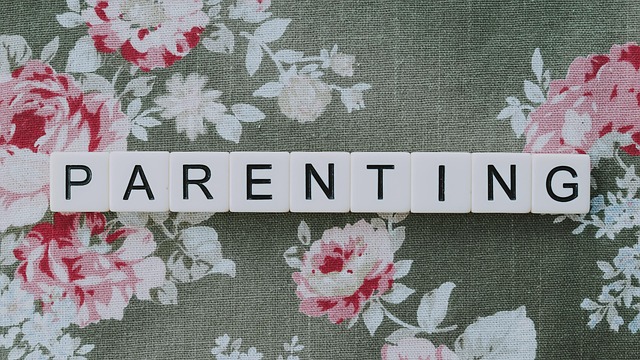2815570300 and Your Data
Here’s a chilled reminder to stay on top of your personal info. Calls involving your service accounts are legit—but only to a point. Never confirm sensitive data like full social security numbers, full banking details, or passwords unless you’ve 100% initiated the exchange.
Legit companies will often use this kind of number for outbound info—never to collect data from you cold.
2815570300: Why It Matters
The number 2815570300 is typically associated with servicerelated communications—think account notifications, customer service confirmations, or operational callbacks. It might appear on your phone as a missed call or in a voicemail, usually related to a service request or followup.
People often search this number after seeing it pop up unexpectedly. The association is usually legit, but we’ll break down what to look out for and how to handle calls from this number.
Common Reasons You’re Getting a Call
Here are a few straightforward reasons you might be seeing 2815570300 on your caller ID:
Account Updates: Companies often call to confirm recent changes or to alert you about something that needs your action. Payment Verification: Calls related to billing adjustments or overdue notices can come from a number like this. Appointment Reminders: If you’ve scheduled a service, delivery, or consultation, this could be the callback number. Followup Calls: After an interaction with a customer support agent, you might receive a followup from a centralized number.
So yeah—it’s usually procedural, not personal.
When to Pick Up and When to Skip It
This is where discipline meets common sense. If you’re expecting a call, answer. If you’re not and this number rings more than once, it’s worth checking out online reviews or Lookup tools.
Don’t assume spam right away. If it’s tied to a known service company or utility you work with, it makes sense to take or return the call.
But here’s the flip side: if answering pulls you into something that feels phishy—like urgent demands for payment or weird verification questions—hang up. Then, call back through the company’s main website or app. Trust, then verify.
How to Verify the Source
Not sure if 2815570300 is coming from a real source? Here’s a minimalist guide:
- Use Reverse Lookup Tools: Pop the number into a site like Whitepages, whocalledme.net, or even Google. If others are reporting the same type of call, that’ll show up quickly.
- Check Your Account Portals: If the caller claims to be from a certain service, log into your account separately and see if there are updates or alerts that match the call’s content.
- Call Their Verified Line: Don’t rely on redial. Seek out the company’s official customer service number and ask if someone really tried to call you.
This method takes two minutes max, and it gives you the certainty you’re not being baited.
Dealing with Robo or Spam Calls
If you’re sure the call is spammy but it’s persistent, take charge. Here’s what works:
Block the Number: Your phone lets you block a number permanently. Report It: Drop the data to the FTC (if you’re in the U.S.) or your country’s version of a consumer protection agency. Don’t Engage: If you do pick up and it’s clearly robocall nonsense, hang up. Don’t press numbers to “optout”—some scammers use that to verify real, active numbers.
Final Thoughts
Hearing from 2815570300 probably isn’t random. It usually links back to a service interaction, bill notice, or confirmed activity on your account. That said, keeping your guard up without going fullparanoid is smart. Trust your logic, do quick verifications, and if something feels off, escalate through verified sources.
No need for panic, no need for a massive todo. Just stay sharp and handle it.



